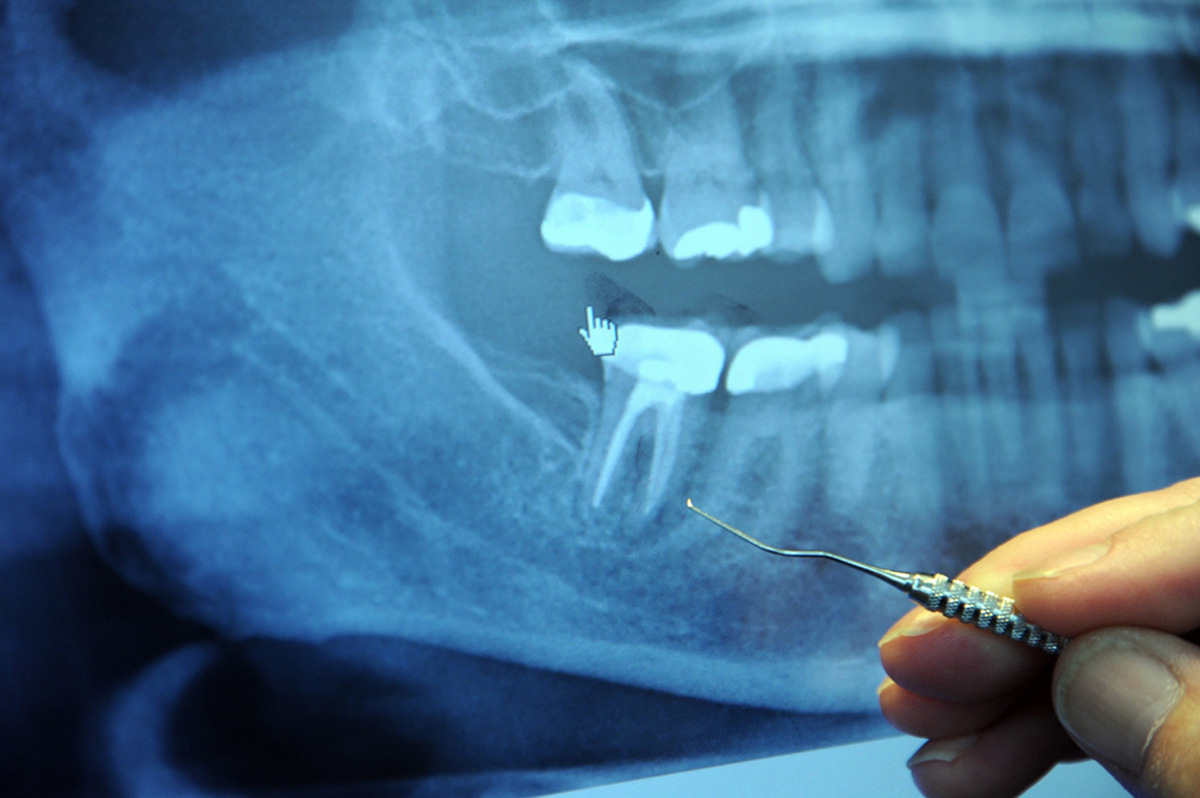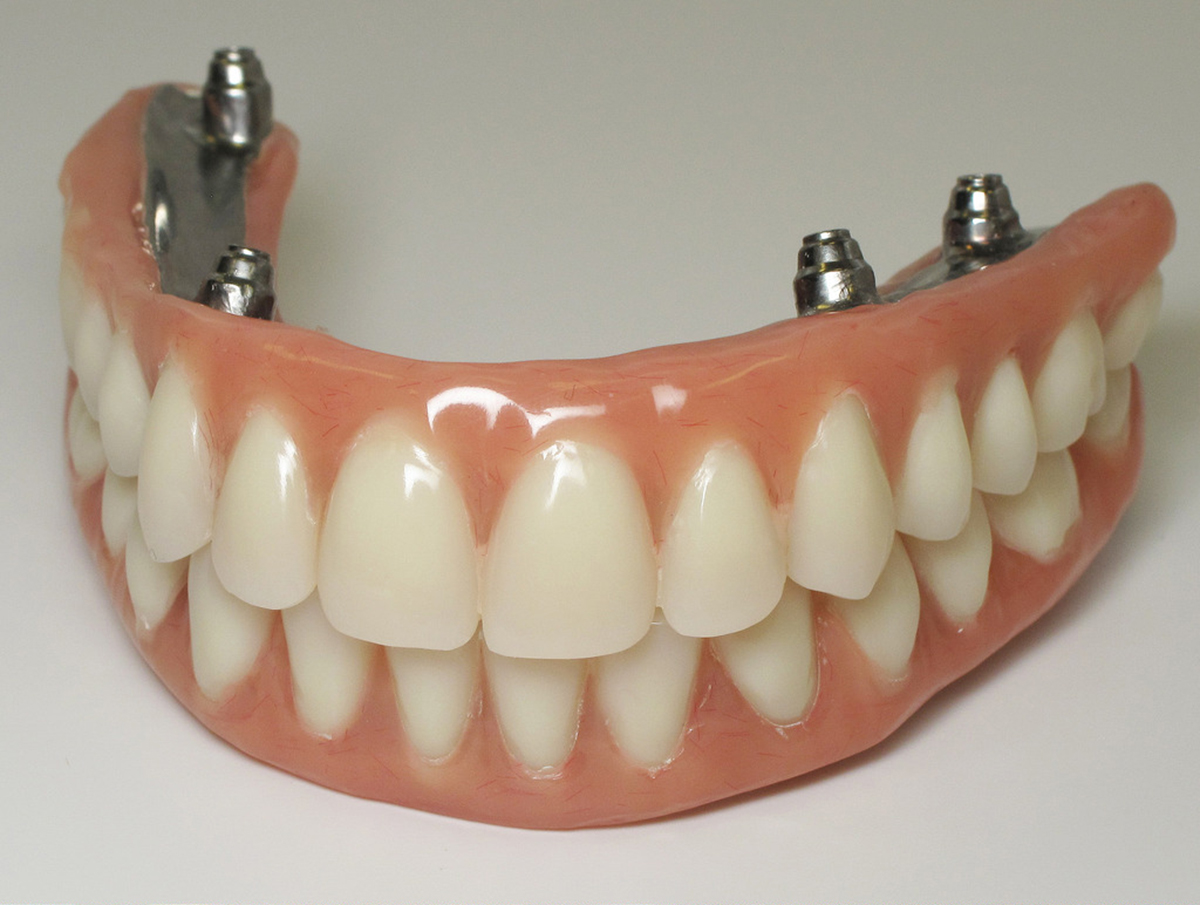Young dentists in India are currently facing a tough situation because of a sudden mushrooming of private dental colleges in India that has greatly increased the number of dentists. While the overall ratio of dentists to the country’s population is still low, these dentists seem to be packed into the larger cities rather than spreading out across the nation.
Their problems are also compounded by the fact that they often graduate from colleges that do not provide them with a basic minimum set of skills required to survive in the world. They are then left to pursue additional courses to just learn what they should have in their college years.
Here are a few clinical skills that are essential for the young dentists in India to master if they are planning to pursue clinical practice.
Extractions
In a country like India, where the large majority of dental treatment is still curative rather than preventative, making sure that you are adept in the procedure of tooth extraction is absolutely essential.

Now, here is the thing. Most dental colleges will start off by teaching students about easy extractions. These are extractions that involve mobile teeth and while you may get some cases like that in your practice, most of them will not be this easy. The next step above is extracting single rooted teeth that are non-mobile. These should also not be too difficult but they do require an understanding of the basic principles of extractions. Then come the multi-rooted teeth, which can be much more of a challenge.
The last subset of complicated tooth extraction procedures is often reserved for oral surgery postgraduate students and so a large majority of students never get to learn them at all. This involves the extraction of teeth that are fractured, root stumps, root canal treated teeth and wisdom teeth extractions.
A lot of this last set may also require knowing procedures like elevating a surgical flap, bone cutting and giving stitches to close up the wound.
Make sure that as a student you learn these procedures or if you have already passed out then ensure you learn these before you start your own practice. There are too many instances of students getting into situations that they cannot handle or getting stuck in between procedures that can lead to embarrassment, loss of credibility and even lawsuits in the worst case scenarios.
Root Canal Procedure
A root canal procedure is a complicated procedure that requires precision, practice and a lot of teaching. Traditionally, in most dental colleges in India, this procedure is not taught to dental students until they are in their year of internship. This is the time when they spend an extended period of time in each of department of dentistry learning only clinical skills.
A paucity of proper infrastructure, lack of adequate teachers and an increased number of postgraduate students can mean that a lot of students finish internship without actually ever getting to a single root canal.
The most that these students learn is a theoretical knowledge about what the procedure involves or some basic exercises on extracted teeth.
Learning The Basic Dental Clinical Skills To Open Your Own Practice
The truth of the matter is that while theoretical knowledge and lab exercises are important, they are no substitute for actually performing treatment under supervision.
Unlike dental colleges, where the class of patients going for treatment is poor and prefers extractions, patients in private practice will want to save their teeth and opt for root canals. If as a dental practitioner you are unable to provide this basic treatment then the chances of the practice becoming a success are very low.
Ensure that you know the basics of providing root canal treatment before you start your practice otherwise tie up with doctors who do and outsource the task to them.
Botching a root canal procedure is extremely easy and once that happens, the patient is almost certain to return with pain.

Fabrication Of A Denture
Since extractions are very commonly performed in India, as a clinical practitioner it is very important to know how to fabricate a partial or complete denture with confidence. This is a relatively low risk procedure where there is no pain or invasive procedures involved, however, attaining patient satisfaction can be a difficult process.
The complexity of the procedure involved is also far more difficult than the "ideal" cases students usually learn on in colleges.
The best way to learn is to try and make as many dentures as possible in the college or if you were unable to do so, try and work in a charitable clinic where denture work is the most common procedure after extractions.
Crown And Bridge Construction
For patients that want a fixed prosthesis, which most patients that can afford it will, knowing how to prepare teeth for crowns and bridges is again an essential skill to have. This is something that most students will learn on extracted teeth in dental colleges but in a lot of them, carrying out the actual procedure in the patient’s mouth will not be taught.
Performing crown and bridge preparation on root canal treated teeth is relatively low risk since budding practitioners do not have to worry about cutting more tooth structure than necessary and causing pain.
These are the type of cases that students should first learn on or include in your practice when you are still mastering this procedure. Once a couple of cases have been completed successfully, students or young doctors can move onto vital tooth preparation as well.
This is the procedure that will provide the largest amount of income to a dental practice.
Conclusion
It is a sad state of affairs that students are being provided dental degrees and sent into the world to practice without actually being taught the basics of dentistry. A more thorough and ground up overhaul of the structure needs to be made so that the dental education can be standardized and the standard of doctors passing out can be raised.
Students, meanwhile, should try their best to learn from any avenue that is available to them.
- www.nature.com/bdj/journal/v220/n5/full/sj.bdj.2016.155.html?referral=true
- Photo courtesy of wonderlane: www.flickr.com/photos/wonderlane/6219931567/
- Photo courtesy of wonderlane: www.flickr.com/photos/wonderlane/6219931567/
- Photo courtesy of iversondentallaboratories: www.flickr.com/photos/131768516@N07/16784615781/
- Photo courtesy of iversondentallaboratories: www.flickr.com/photos/131768516@N07/16784615781/


Your thoughts on this